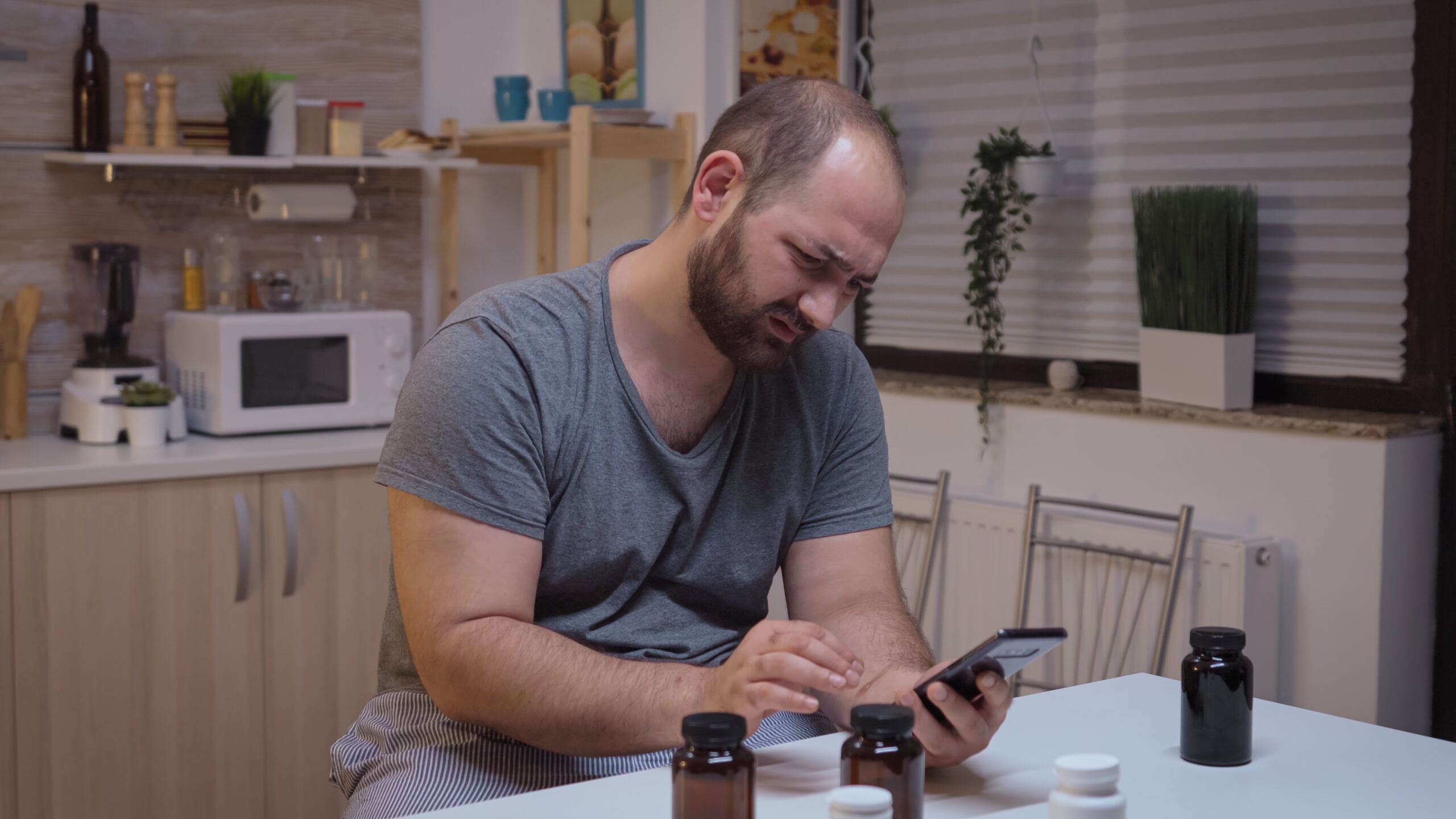Low Testosterone in Men: Causes, Symptoms & Treatments
Low testosterone is something many men face—but few talk about. It’s more common than you might think, and the effects go beyond just libido. From energy dips to mood swings and even weight gain, low T (as it’s often called) can subtly affect your quality of life.
In this guide, we’ll walk you through the causes, symptoms, and treatment options for low testosterone—without the confusing medical jargon.

What Is Testosterone?
Testosterone is a hormone primarily produced in the testicles. It’s crucial for:
- Regulating sex drive (libido)
- Building muscle and bone mass
- Producing red blood cells and sperm
- Supporting mood and mental clarity
Levels naturally decline with age, but when they drop too low, it can lead to health concerns.

What Causes Low Testosterone in Men?
Low testosterone can be triggered by a variety of health, lifestyle, or environmental factors, including:
Aging
After the age of 30, testosterone levels naturally start to decline—usually by about 1% per year.
Obesity
Excess body fat, especially around the belly, can lead to hormonal imbalances and lower testosterone production.
Chronic Health Conditions
Conditions like diabetes, high blood pressure, and sleep apnea can interfere with hormone levels.
Stress & Lack of Sleep
Chronic stress and poor sleep can disrupt your body’s hormone production, including testosterone.
Testicular Injury or Disease
Trauma or illness affecting the testicles may impair testosterone output.
Certain Medications
Opioids, chemotherapy drugs, and steroids (used improperly) can all suppress testosterone levels.

Signs & Symptoms of Low Testosterone
The symptoms of low testosterone are often gradual, and many men don’t realise what’s going on until they start affecting daily life.
Here’s what to look out for:
- Low sex drive
- Erectile dysfunction or difficulty maintaining erections
- Fatigue and low energy
- Loss of muscle mass and strength
- Increased body fat, especially around the abdomen
- Mood changes like depression, irritability, or brain fog
- Poor sleep or insomnia
- Decreased bone density
If these sound familiar, it might be time to check your hormone levels.

How Is Low Testosterone Diagnosed?
It starts with a simple blood test that measures total testosterone levels. Doctors typically test in the morning, when levels are highest.
Your healthcare provider may also evaluate symptoms, lifestyle, and overall health to get a complete picture.
The good news? Low testosterone can be managed effectively with the right approach.

Treatment Options for Low Testosterone
The good news? Low testosterone can be managed effectively with the right approach.
- Testosterone Replacement Therapy (TRT)
The most direct way to treat low T is with TRT, which includes:
- Injections
- Gels or patches
- Implants
- Oral tablets (less common)
TRT restores hormone levels and can improve energy, mood, libido, and muscle mass. However, it’s not suitable for everyone—your doctor will help assess risks and benefits.
- Lifestyle Changes
For mild to moderate cases, adjusting your lifestyle can make a significant difference:
- Exercise regularly (especially resistance training)
- Get 7–8 hours of quality sleep
- Reduce stress through mindfulness or therapy
- Maintain a healthy weight and balanced diet
- Treating Underlying Conditions
If low T is linked to diabetes, obesity, or sleep apnea, managing those conditions can help restore hormone balance naturally.
Is Testosterone Therapy Safe?
When monitored by a healthcare professional, TRT is generally safe. However, it may carry risks such as:
- Increased red blood cell count
- Acne or oily skin
- Swelling in the ankles
- Potential risk for prostate issues
That’s why it’s essential to work closely with your doctor, undergo regular blood tests, and never self-medicate.

Final Thoughts: Don’t Ignore the Signs
Low testosterone isn’t just about ageing—it’s a real medical condition that can impact everything from your confidence to your long-term health. The earlier it’s detected, the easier it is to treat.
If you’ve been feeling “off” lately, don’t ignore it. Talk to your doctor, get your levels tested, and explore your options.
Want to Take the First Step Toward Better Hormonal Health?
Explore Medicine Mart’s trusted range of testosterone-related treatments and supplements, available with a valid prescription and discreet shipping.

